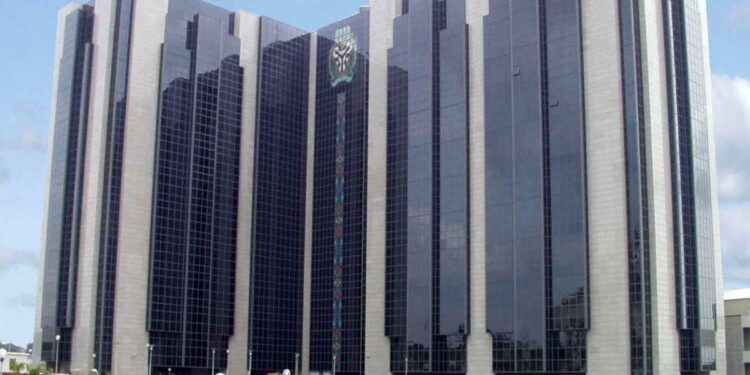The Central Bank of Nigeria (CBN) has issued an official warning to Deposit Money Banks (DMBs) and Other Financial Institutions (OFIs) in the country, cautioning them against engaging in financial transactions with certain countries.
The cautionary message was delivered in a circular, with the reference FPR/AML/PUB/BOF/001/029, issued last Thursday by Mr. Chibuzo Efobi, the Director of Financial Policy and Regulation at the CBN.
The circular highlights that Nigerian banks and financial institutions should exercise caution when conducting transactions with countries such as the Russian Federation, the Democratic People’s Republic of Korea, Iran, Cameroon, Croatia, and Vietnam. These countries have been placed on the high-risk jurisdiction list by the Financial Action Task Force (FATF).
The circular specifically mentions that the Democratic People’s Republic of Korea, Iran, and Myanmar remain on the list of high-risk jurisdictions, subject to a call for action. In addition, it states that Cameroon, Croatia, and Vietnam have been added to the list of jurisdictions under “Increased Monitoring” by the FATF.
To safeguard the global financial system, the circular emphasizes the need for increased due diligence and warns that countermeasures will be taken in extreme cases. It further states that the FATF will suspend the Russian Federation and the other listed countries with immediate effect.
The warning issued by the CBN follows the decision made by FATF members at a plenary meeting last month. In response to this decision, the CBN urges Nigerian DMBs and OFIs to cease all business and individual-to-individual transactions involving the blacklisted countries.
The Financial Action Task Force is an intergovernmental organization established in 1989 by the G7 countries. Its primary objective is to develop policies to combat money laundering and maintain global standards in the fight against money laundering and terrorist financing, including terrorism financing. The FATF sets international standards to prevent illegal activities and their potential impact on society.
Since 2000, the FATF has maintained two lists: the FATF blacklist, formally known as the “Call for Action,” and the FATF grey-list, formally known as the “Other Monitored Jurisdictions.” The presence of a country on the blacklist has prompted financial institutions to divert resources and services away from those countries, leading domestic economic and political entities to pressure their governments to implement FATF-compliant regulations.




